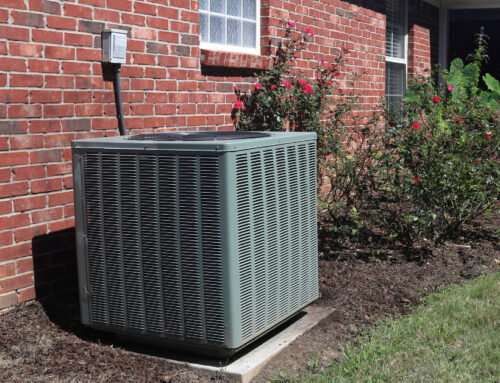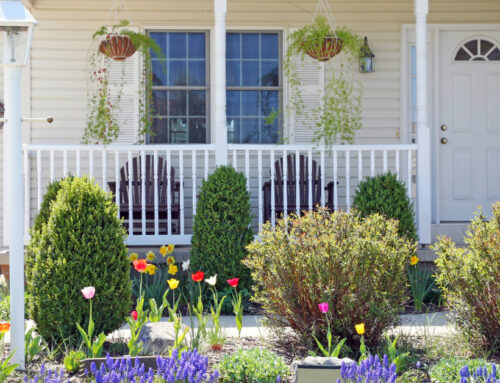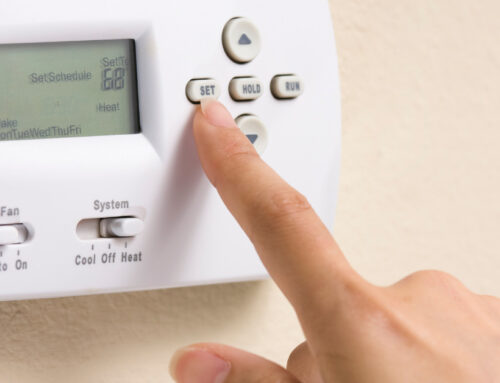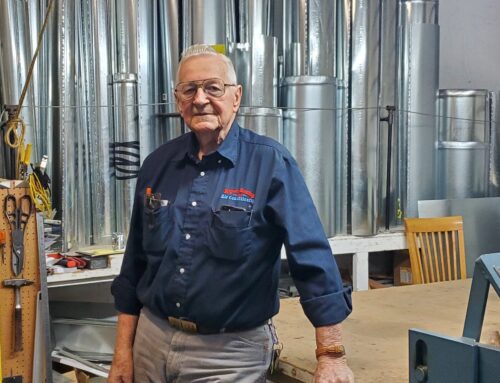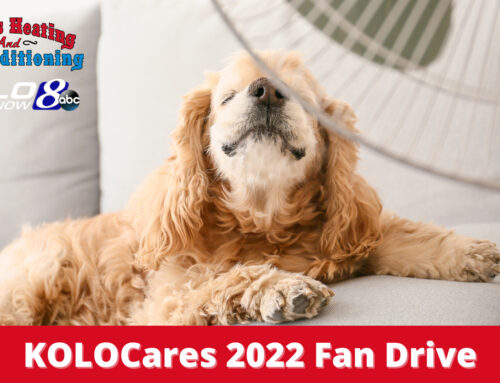It has been a hot summer. Air conditioners and the technicians that service, repair, and install them are all working overtime. You may hear your air conditioner running for extended periods that are longer than what you’ve come to expect. It may even have trouble keeping your home cool on the hottest part of those sweltering days. Is your air conditioner doing all it can do?
First things first: it’s been really hot. An air conditioner that’s appropriately sized for normal conditions may have trouble keeping up on a scorching hot day. However, there are some things that you can check to make sure that you’re getting the most from your system.

Change your filters. Filters are always a great place to start with any HVAC issue. Dirty filters will restrict airflow, and your cooling system will not perform up to its full potential. Dirty filters also increase wear and tear on your system.
Check your dampers. Closing the dampers on your supply registers is often counterproductive. Doing so restricts system airflow in much the same way as dirty filters, with similar results.
Check your ductwork. You may want a professional to help you out with this one, but peeking through your crawlspace access can provide helpful information. Air blowing out of your crawlspace access may be a sign of a disconnected duct. Ducts that are “messy” may result in significant airflow restriction with the expected negative results. Ducts should be neat and stretched tight, with minimal sag.
Indoor air movement noise. An oversized system may cause excess airflow noise indoors. Moving more air creates more air noise, and larger systems must move more air than small systems. It may be possible to lower your fan’s speed without negatively impacting the performance of your system. Adding ducts and supply registers can also help with air movement noise.
Long run times. During very hot days, your system will run longer than it does on normal days. While this is expected, it’s possible that other issues are contributing to long run times. A system that is not performing to its full potential will have to run longer to provide the necessary cooling. Allowing your home to get too hot before starting your system will also contribute to long run times. Setting your thermostat to the desired temperature before your home overheats can help.
Bigger, more expensive problems:
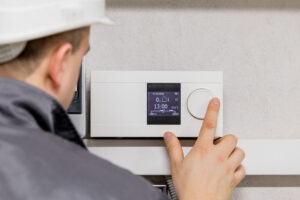
Noisy outdoor unit. If your outdoor unit, called the condenser, is older, it may be loud for various reasons. Many older condensers are simply noisier than modern condensers. As components age, noise may increase. If the noise of your outdoor unit bothers you, your only choice may be to have it replaced.
Consider zoned systems: Assuming everything is working correctly, a home with a standard heating and cooling system will bring each level of your home to roughly the same temperature. But what if your home is multi-storied or has one side that gets more sun than the other? Areas with different heating or cooling load require a more sophisticated solution.
Installing a zoned system almost certainly requires new equipment. A system that has multiple stages of heating and cooling can adapt to conditioning one part of your home at a time, or conditioning the entire space at the same time.
With a zoned system, you have control of your zones and their individual temperatures.
Because warm air rises, a two-story home will usually have a warmer upstairs than downstairs—especially in the summertime. Placing a zone on each floor can allow the system to run longer or at different times for each zone – meaning you wouldn’t need to over-cool the downstairs to maintain a bearable temperature upstairs. Zoned systems can maximize your comfort levels.
It would work similarly in a home with an east/west orientation that gets a full day of sun on the south side of the home and none at all on the north side. Naturally, the south side would need more cooling in the summer and less heating in the winter. A zoned system could help balance the needs in both seasons.
Replace your system: If all else fails and your system is struggling, it may be time to replace it. A lot goes into this decision, so you’ll want to talk with your trusted HVAC contractor. A system that’s too large will run inefficiently and put stress on the unit. A system that’s too small keeps working to achieve your desired temperature, which can lead to comfort issues on extreme days.
Bottom line:
If your system is noisy or never seems to shut off, you may have a problem that can be solved by a service call or system maintenance. Whatever you do, don’t ignore it! Your trusted HVAC contractor can diagnose your system and walk you through a variety of options that can help your system run more quietly and efficiently, and help you plan for the future to save you from catastrophic failure in the heat of summer.
Read our column published in the Nevada Appeal


